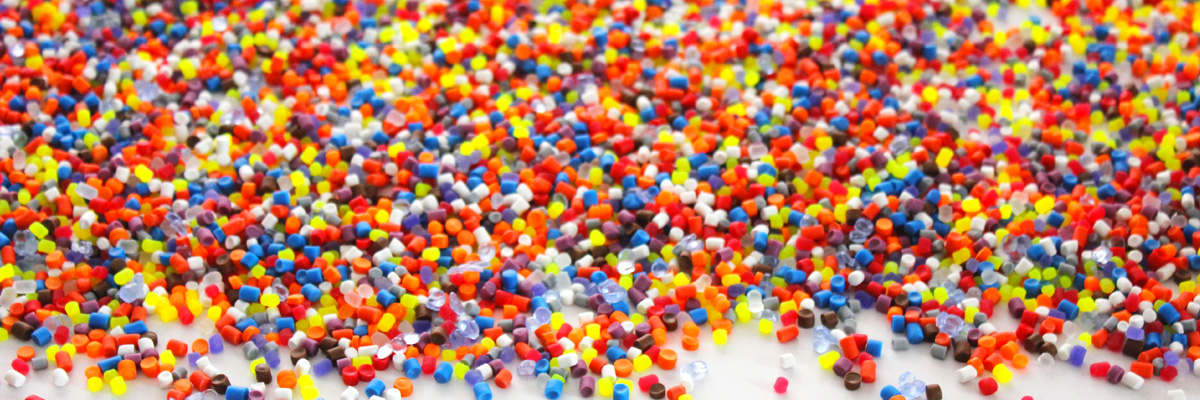- info@abkunststoff.de
- Wuppertaler Strasse 79, 45549 Sprockhövel, Deutschland
What is Granule?
The ready-to-use substances formed as a result of the processing of petroleum are called plastic granules. Granules used in various products are a thermoplastic polymer. Granules, which have a very wide usage area, are produced depending on the type of use and properties.
Propilen granül yorulmaya karşı oldukça dirençlidir. İyi bir darbe dayanımı bulunan granül düşük maliyetlidir. Sürtünme katsayısı düşük olan granül iyi elektrik yalıtımı sağlar. Kimyasal direnci oldukça iyidir. Termoplastik işleme süreçlerine uygundur.
Propylene obtained by converting the monomer propylene into a polymer is extremely resistant to chemical solvents. Granules are generally referred to as PE in the plastics industry.
Propylene granule is highly resistant to fatigue. Granular with good impact resistance is low cost. The granule with a low friction coefficient provides good electrical insulation. Chemical resistance is quite good. It is suitable for thermoplastic processing processes.
After the cleaning process of the polypropylene raw material, which undergoes a certain process in recycling, it is divided into small pieces. Then it is transported to recycling with the help of conveyors. With recycling, granules can be produced in desired colors. The produced plastic granules can be in the desired color, desired strength and desired flexibility.
The usage areas of the granule are quite wide. The fields used can be listed as follows; automotive industry, kitchenware, electrical materials, construction industry, floats, plastic toy industry, furniture industry, plastic pipe industry and packaging industry, plate and natural gas pipes.
How is Granule Production Made?
While producing granules, plastic materials taken as scrap first become burrs. Then, additions are made to the plastic raw materials and these additions melt the burrs through the machine. Thus, recycling processes can be carried out in the form of granules.
Properties of Granular Raw Material
The chemical resistance of the granule is quite high.
Its melting temperature is 160 degrees Celsius.
The friction coefficient is low.
It provides electrical insulation.
It is suitable for thermoplastic processing processes.
It is resistant to impacts.
It is not very resistant to UV rays.
It interacts with solvents containing chlorine due to its flammable nature.
It is economically costly.
It is highly resistant to moisture and external impacts.

